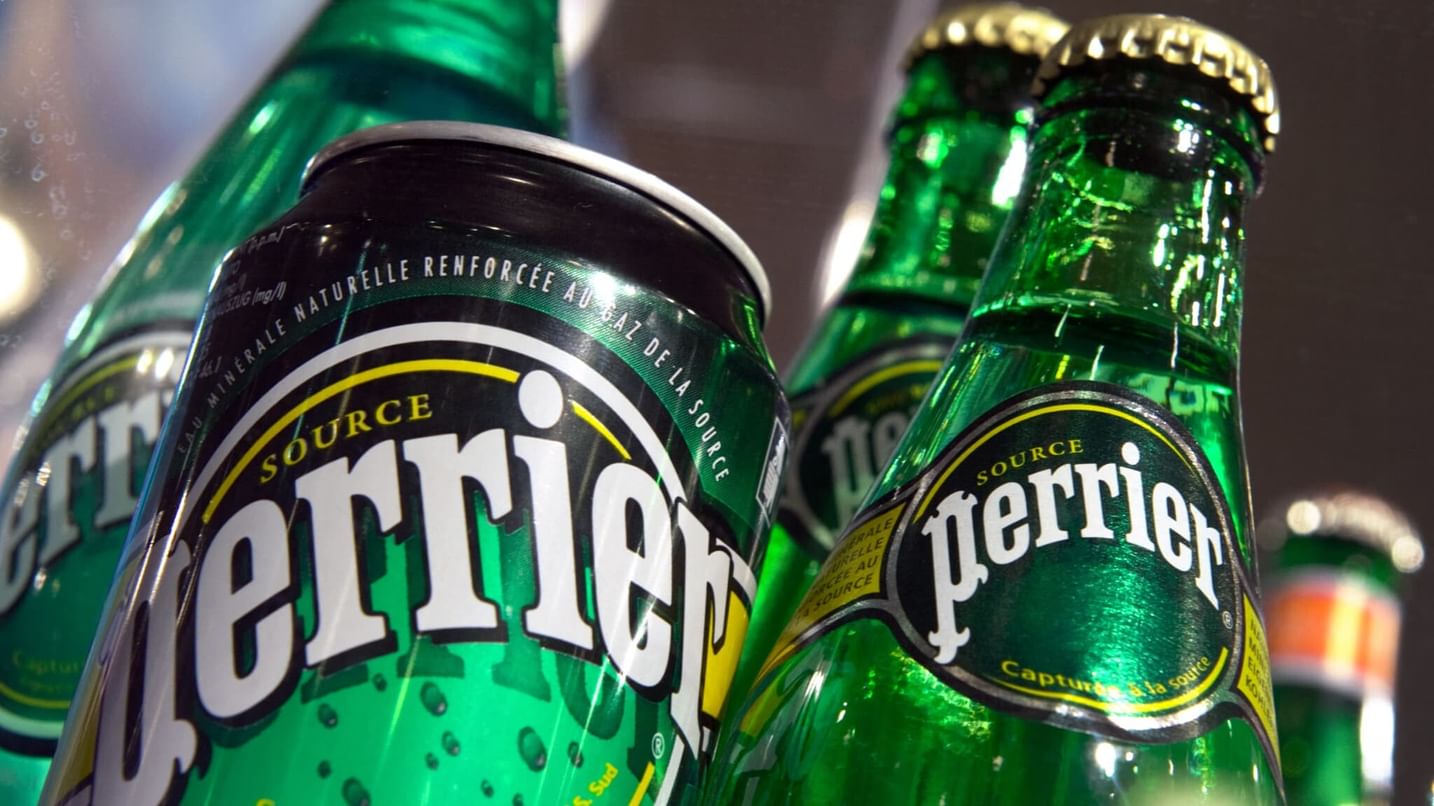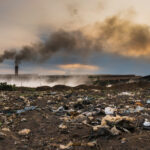Health authorities in the Occitanie region of France have announced the discovery of new contamination in bottles of Perrier water produced at the Vergèze plant, prompting further bacteriological investigations after three documented cases of “non-compliance with health standards.”
According to Radio France Internationale, around 300,000 bottles of 75 centilitres each were found to be contaminated with “pathogenic intestinal bacteria” during an internal inspection conducted on 11th March.
The affected bottles are from production batches dated 10th and 11th March, with the presence of coliforms (a type of Escherichia coli) identified during testing. This led the company to suspend distribution of the affected batches pending further analysis.
In its official statement, the company revealed a second batch comprising 395 pallets was also flagged due to a cap supply defect, resulting in a technical non-compliance reported on 22nd March and formally recorded on 4th April. Further bacterial contamination was detected on 10th April during a health inspection by the Regional Health Agency (ARS) on the plant’s wells and bottling lines, leading to the isolation of another batch of 1,018 pallets.
Despite these repeated incidents, the company stated that similar cases in February and March underwent additional testing and were eventually deemed compliant, allowing distribution following a joint decision by the ARS and the Gard Prefecture.
Nestlé Waters, which owns the Maison Perrier brand, explained that some bottles were quarantined in storage due to minor deviations in “non-pathogenic natural flora” or technical interventions that caused malfunctions.
As a result of the ongoing contamination concerns, Perrier now risks losing its designation as “natural mineral water”, a protected status governed by stringent regulations in France.
This latest development comes amid ongoing controversy surrounding the brand’s use of certain disinfectants in water labelled as “natural mineral”, which, while not harmful, are banned for this classification and have drawn scrutiny from both authorities and consumers.
The Paris Public Prosecutor’s Office confirmed it had received a formal complaint from the Directorate-General for Competition, Consumer Affairs and Fraud Control (DGCCRF), triggering a judicial investigation under Article 40 of the French Code of Criminal Procedure, which obliges public authorities to report potential offences.
A parliamentary inquiry committee, formed in November to examine the practices of bottled water companies, is expected to release its final report on 19th May.
–WAM






